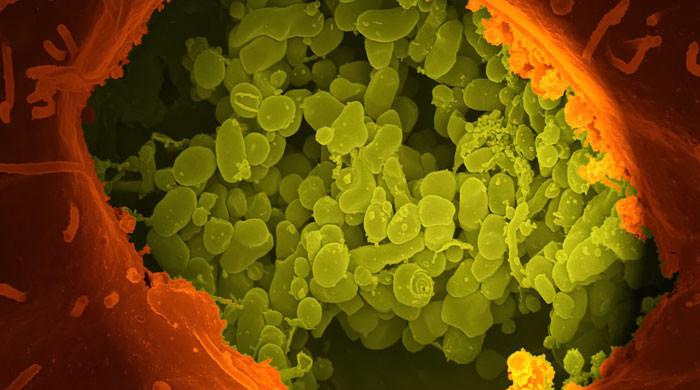
Out of around 530 million adults living with diabetes across the globe, approximately 98% have type 2 diabetes as new research suggests that it may increase due to certain gut bacteria and viruses.
Notably, type 2 diabetes is a condition where the body develops resistance to insulin, which is essential for processing blood glucose properly. A person’s blood sugar levels are caused to remain high due to insulin resistance.
Though several factors including age are involved in determining whether a person develops type 2 diabetes or not, recently, scientists have been researching the role of gut microbiome in increasing the risk for a person to have type 2 diabetes.
Data from the Microbiome and Cardiometabolic Disease Consortium (MicroCardio) was analysed by the researchers for this study.
This data included 8,117 gut microbiome metagenomes from ethnically and geographically diverse participants, including the US, China, Israel, and Germany.
“Although research over the past decade has linked changes in the gut microbiome to the development of type 2 diabetes, earlier studies have been too small and varied in design to provide solid conclusions,” said Daniel (Dong) Wang, MD, assistant professor of medicine in the Channing Division of Network Medicine at Brigham and co-corresponding author of this study.
He told Medical News Today: “There’s still a significant gap in understanding the mechanisms, especially the biological pathways encoded by specific microbial strains, that underlie the connection between the gut microbiome and type 2 diabetes.”
Wang and his team reported finding several microbial species, as well as their functions within the gut microbiome, that are linked to the development of type 2 diabetes at the study’s conclusion.
A strain of the gut microbe Prevotella copri (P.copri), which is able to produce large amounts of branched-chain amino acids (BCAAs), was identified by the researchers. Moreover, that was more commonly seen in the gut microbiome of people with type 2 diabetes.
Additionally, the researchers also discovered evidence suggesting that bacteriophages, that are viruses only infecting bacterial cells, might also be driving changes to specific bacterial strains in the gut microbiome and thus driving increased risk of type 2 diabetes.


